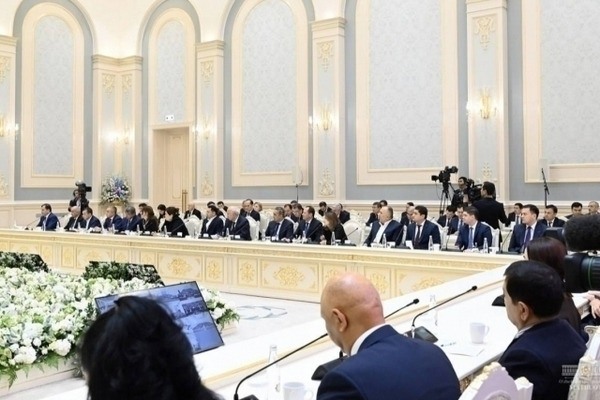In a recent videoconference meeting led by President Shavkat Mirziyoyev, Uzbekistan disclosed its plans to bolster the fruit and vegetable sector, particularly targeting high-tech greenhouse growers. The government is set to distribute subsidies of up to $77 893 for acquiring advanced fruit and vegetable processing machinery. This initiative is part of a broader strategy to enhance the sector's export capabilities, with an ambitious goal to reach $3.5 billion in fruit and vegetable exports next year.

The meeting underscored the challenges faced by entrepreneurs in maintaining a consistent and high-quality supply for exports due to reliance on produce from their farms. In response, Uzbekistan has integrated one million hectares of fruit and vegetable lands with 760 seed-producing and 824 exporting enterprises. An experimental initiative will see lands in the Tashkent and Namangan regions, previously dedicated to cotton and grain, auctioned to professional investors for the development of industrial plantations. These areas will also permit the construction of facilities like refrigerators and packaging workshops, employing advanced "shock" method techniques.
Additionally, the government aims to cultivate a class of "champion" entrepreneurs, characterized by their significant contributions to employment, income, and tax revenue. This move is anticipated to further professionalize and scale the sector, aligning with Uzbekistan's broader economic objectives.
Source: Qalampir
